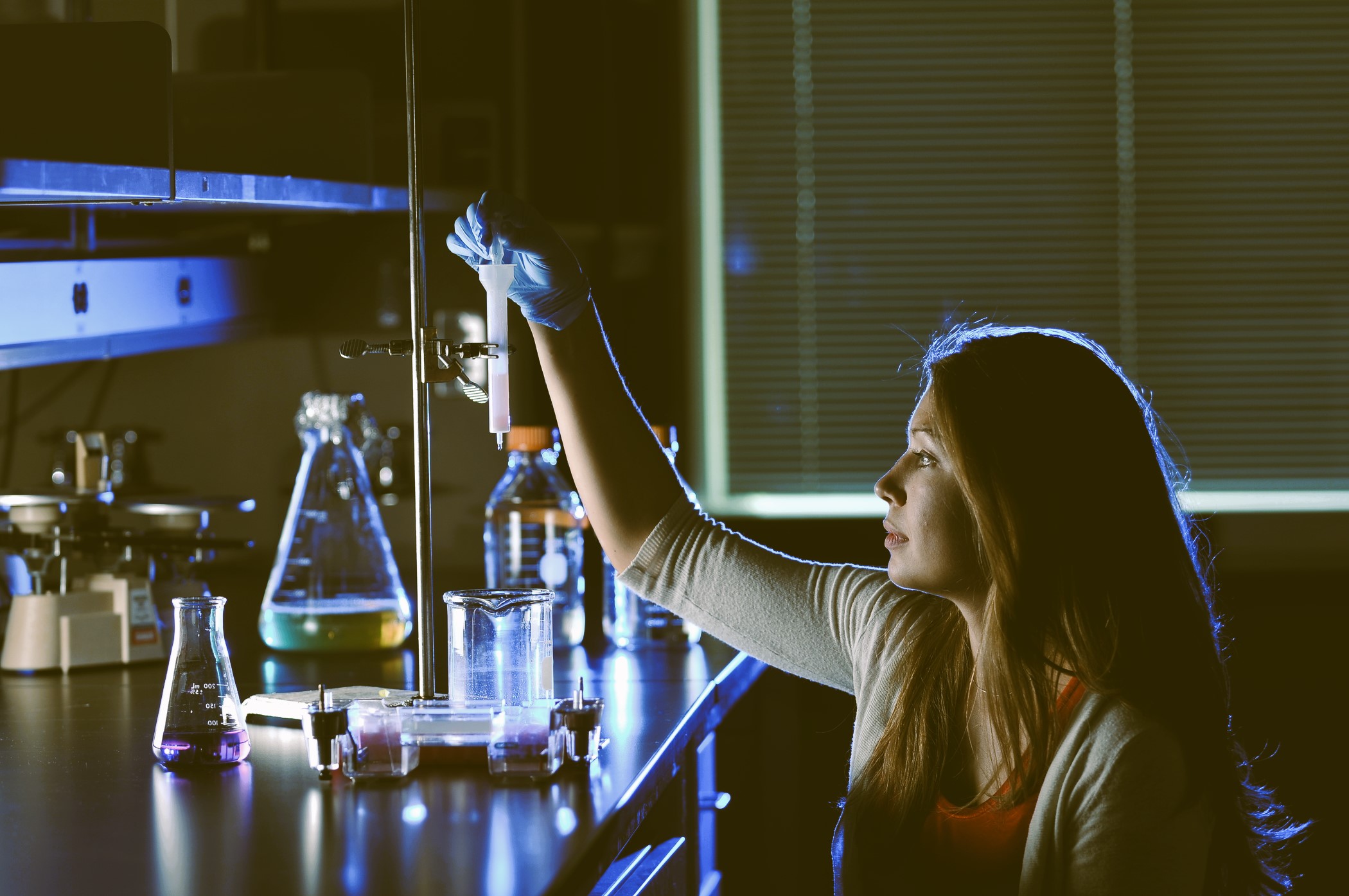
Basic Translational Research
Research in the Division of Cardiology focuses on understanding the molecular underpinnings of diseases of the heart and vasculature. A major area of research emphasis is heart failure, which affects over 5 million adults in the U.S. and is associated with a 5-year mortality rate of nearly 50%.
Members of the Division have created an integrated research effort to uncover the signaling and gene regulatory mechanisms that trigger the electrical, mechanical and cellular remodeling that culminates in systolic and diastolic heart failure. Our team of basic- and physician-scientists uses state-of-the-art genetic, cellular, biophysical and physiological experimental approaches, with the long-term goal of facilitating development of novel small molecule drugs and biologics to better care for patients with heart failure and related cardiovascular diseases. Molecular targets currently under investigation include cell surface receptors, cytokines, kinases/phosphatases, microRNAs and epigenetic regulators such as HDACs. This work relies on the use of traditional rodent models, but also takes advantage of our large human heart tissue banks, and our expertise in human induced pluripotent stem cell (iPSC), CRISPR, OMICs, and myofibril mechanics technologies.
The Division’s laboratories are located in a new research tower on the Anschutz Medical Campus of the University of Colorado Denver, adjacent to basic science departments and the University Hospital. This stimulating, multidisciplinary environment is ideally suited for students and postdoctoral trainees interested in cardiovascular biology and translating new discoveries from the bench to the clinic.